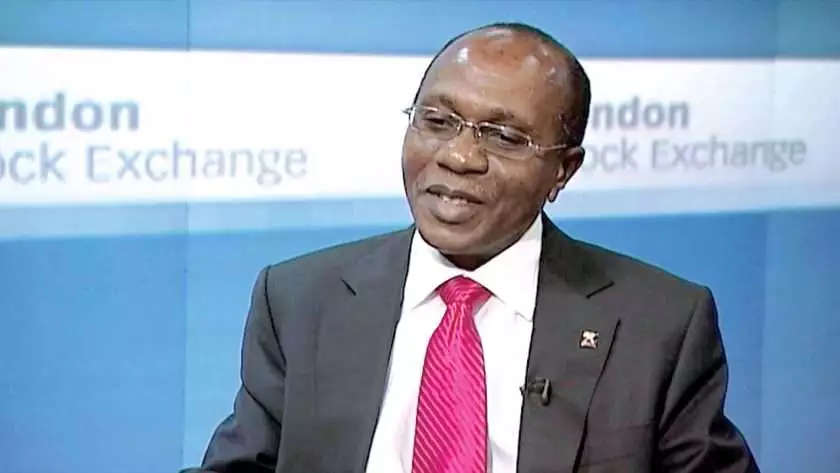By Fola James
Barely a month after the Central Bank of Nigeria, CBN started the implementation of the Global Standing Instruction, GSI, where banks are allowed to debit the accounts of loan holders in other banks, the method has started paying off.
The GSI policy became operational from August 1, 2020, as part of efforts to reduce the rate of non-performing loans in the banking sector.
The apex bank, through Kevin Amugo, director of financial policy and regulation at the Central Bank of Nigeria, CBN disclosed that commercial banks in the country has recovered N50.32 million bad loans from debtors within nine days of its commencement.
Amugo spoke on Tuesday at a webinar organised by the Chartered Institute of Bankers of Nigeria , CIBN Dialogue Series 3.0, tagged ‘Non-Performing Loans and Global Standing Instruction (GSI) Policy: Impact and Insights for Financial Stability’.
According to him, the recovered debt is insignificant, compared to billions of naira owed by individuals and corporate bodies to banks, adding that the GSI will put an end to the era of loan defaults.
He said the GSI was “specifically introduced to support the banking industry in reducing the rate of unserviced loans, improve loan recovery and recovery efforts of banks.
“The amount recovered was, however, insignificant compared with the total of N1.66 billion worth of bad debts by 26,057 customers triggered by the lending banks.
“The size of the recovered NPLs was due to the fact that the CBN was still working on the GSI protocol for non-individual debtors, which means the recovery was made from individual loan defaulters.”
Amugo explained that debtors are likely to default in times of economic crisis, with sever effects on the financial sector, adding that the percentage of non-performing loans jumped from five percent to 15 percent between 2015 and 2017 during Nigeria’s economic recession.
This is above the CBN allowed threshold of six per cent, he said.
He stated that “the CBN report showed that the NPLs ratio declined from 6.6 percent in April 2020 to 6.4 percent in June 2020; however the figure still remains above the 6 percent stipulated threshold by the CBN.
“Also, credit to the economy grew by N3.46 trillion, about 22 percent, of which new credit in June 2020 alone accounted for N773 billion, up from N412.7 billion in May 2020.
“The number of new borrowers similarly rose by about 42,000 to 93,578 from 51,700 in May.”






